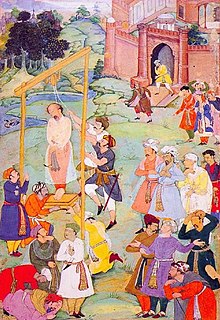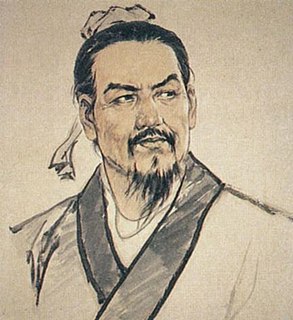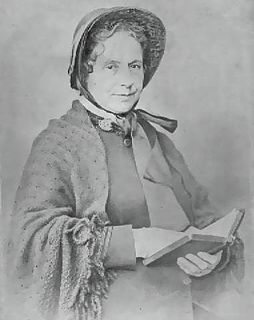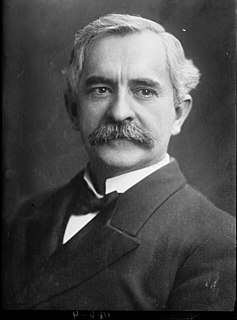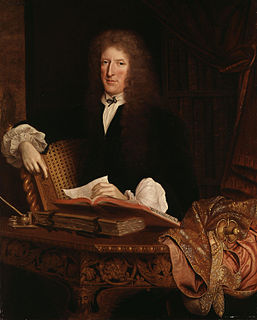A Quote by Charles Spurgeon
He who affirms that Christianity makes men miserable, is himself an utter stranger to it.
Related Quotes
Christianity affirms that at the heart of reality is a Heart, a loving Father who works through history for the salvation of His children. Man cannot save himself, for man is not the measure of all things and humanity is not God. Bound by the chains of his own sin and finiteness, man needs a Savior.
Popular Christianity has for its emblem a gibbet, for its chief sensation a sanginary execution after torture, for its central mystery is an insane vengeance bought off by a trumpery expiation. But there is a nobler and profounder Christianity which affirms the sacred mystery of equality and forbids the glaring futility and folly of vengeance.
Men are less hesitant about harming someone who makes himself loved than one who makes himself feared because love is held together by a chain of obligation which, since men are wretched creatures, is broken on every occasion in which their own interests are concerned; but fear is sustained by dread of punishment which will never abandon you.
A happy but miserable state in which man finds himself from time to time; sometimes he believes he is happy by loving, then suddenly he finds how miserable he is. It is all joy, it sweetens life, but it does not last. It comes and goes, but when it is active, there is no greater virtue, because it makes one supremely happy.
We have accounts of the deification of men in pagan mythology. But I do not remember any account of a god becoming a man, to help man. Whoever heard of Jupiter or Mars or Minerva coming down and attempting to bear the burdens of men? The gods were willing enough to receive the gifts of men, but Christianity is unique in the fact that our God became a man with human infirmity and emptied Himself of the glory of heaven, in order that He might take upon Himself the sins, diseases and weakness of our humanity.

